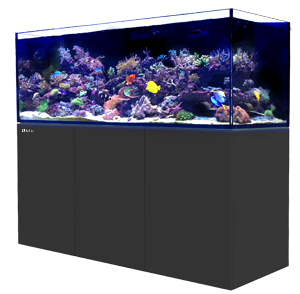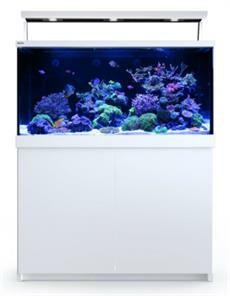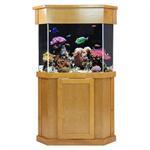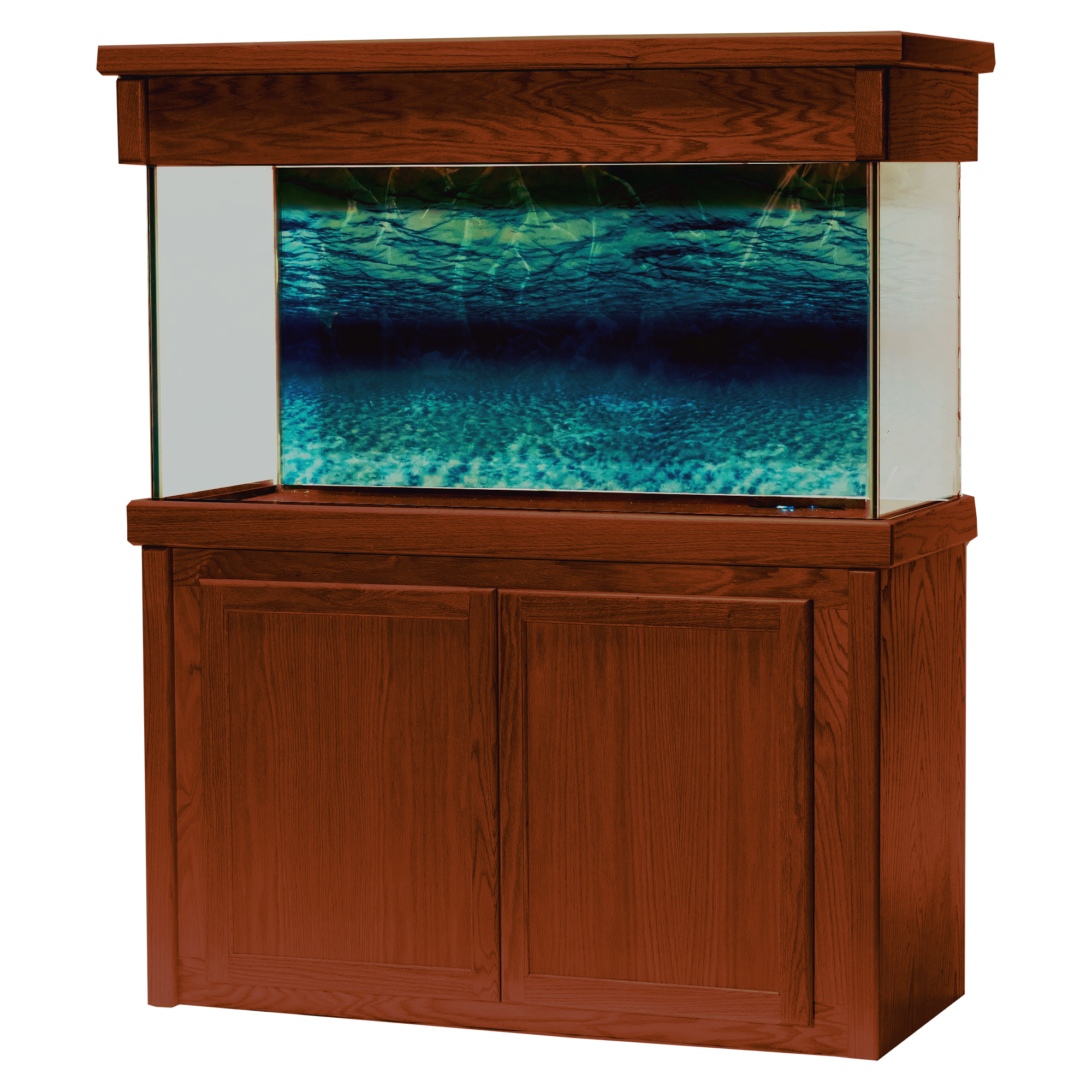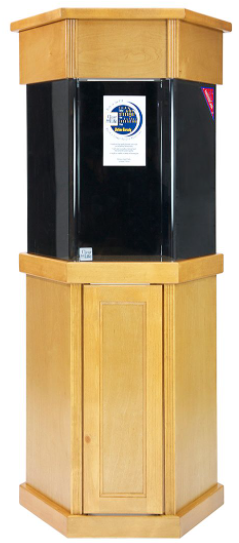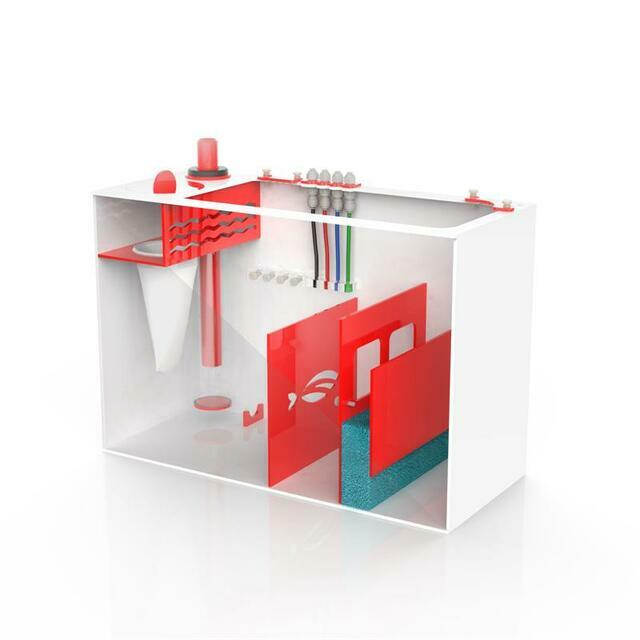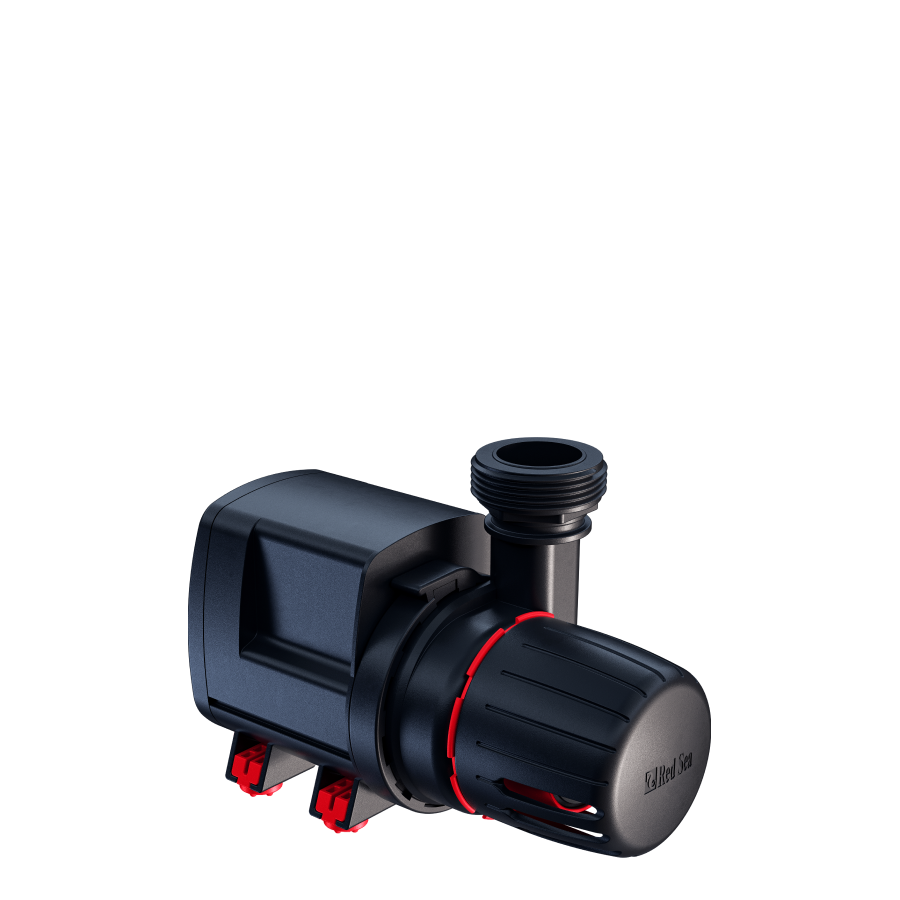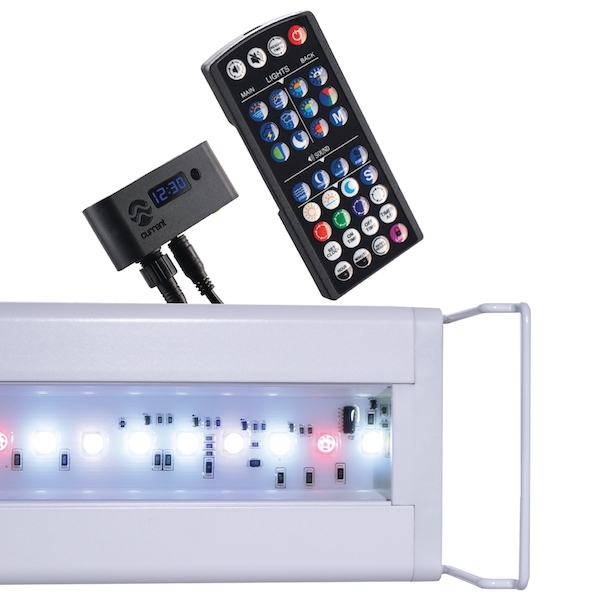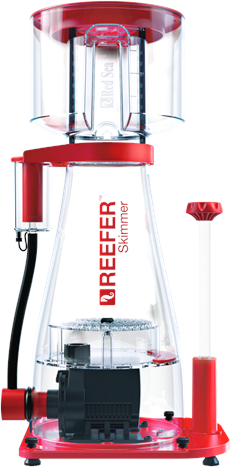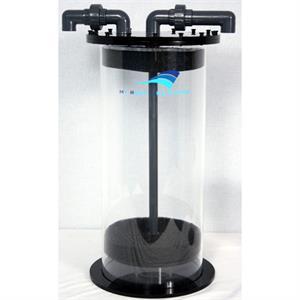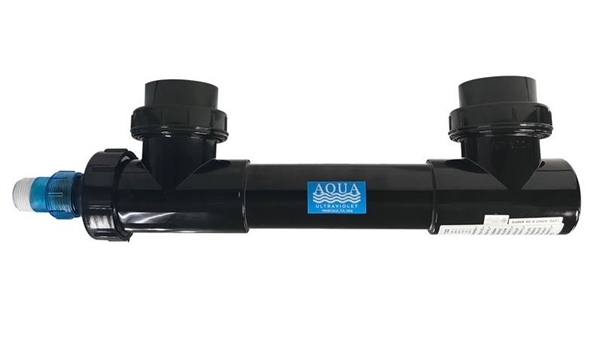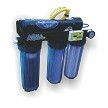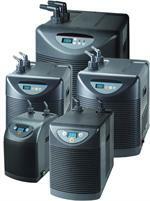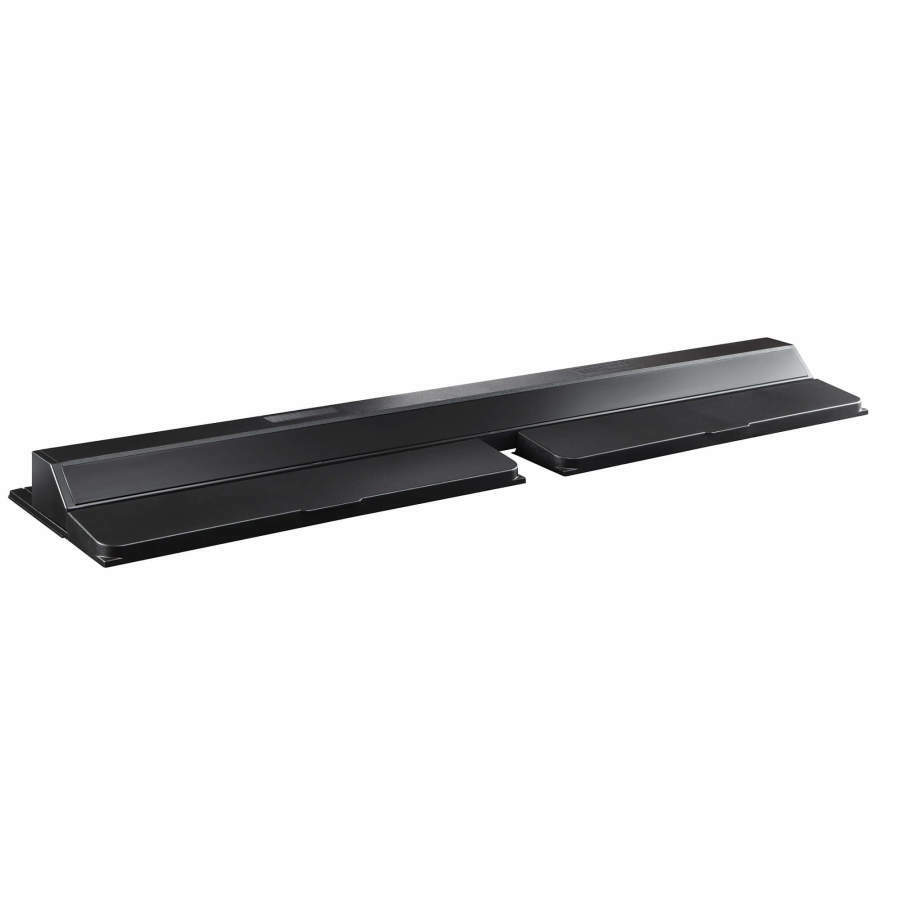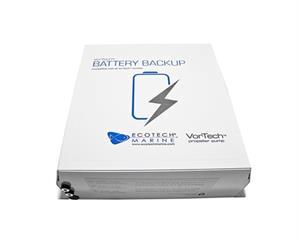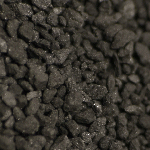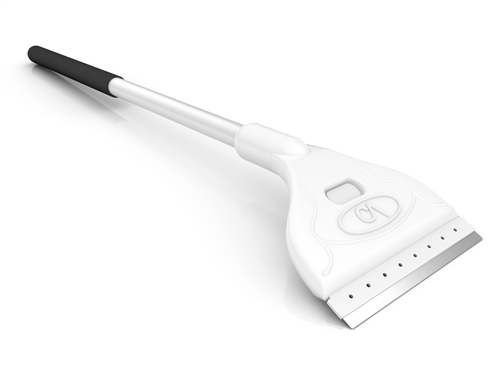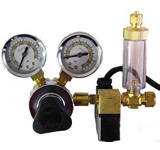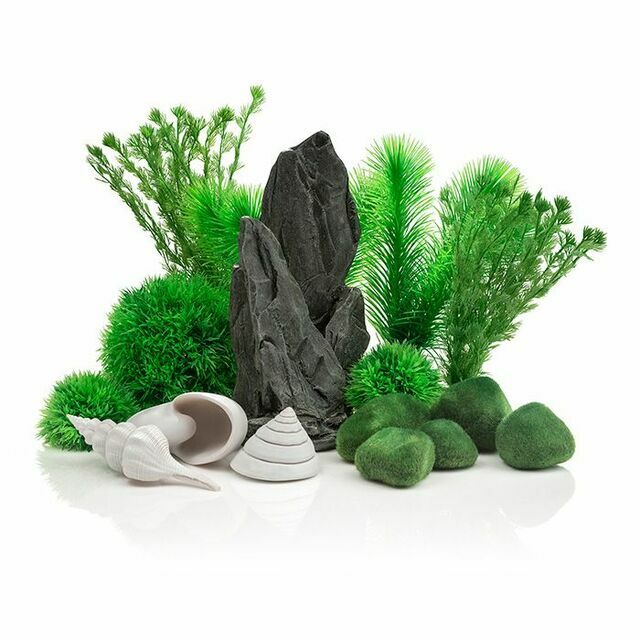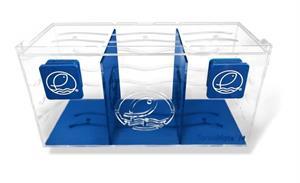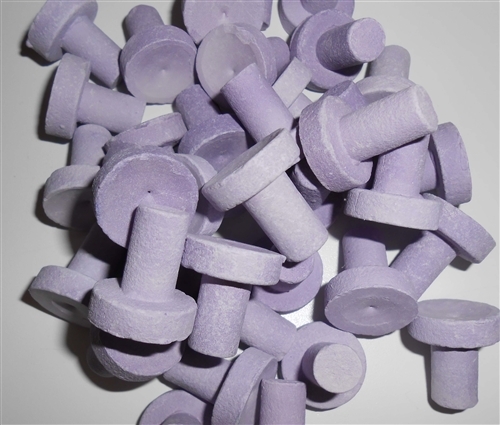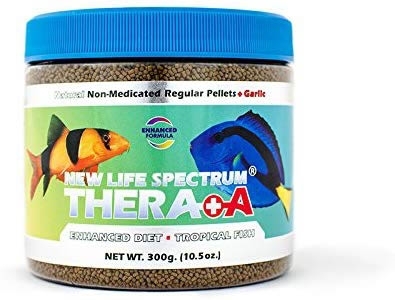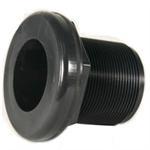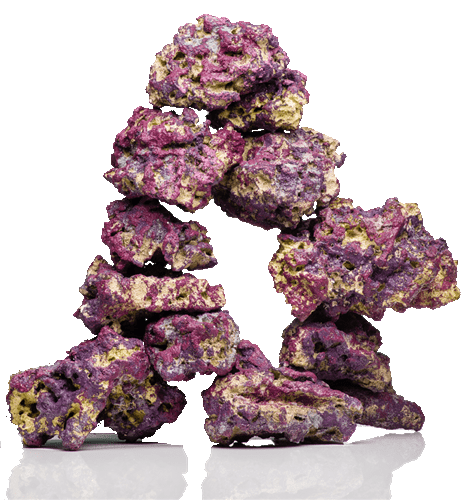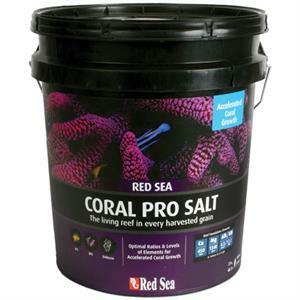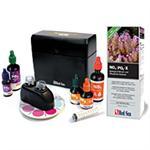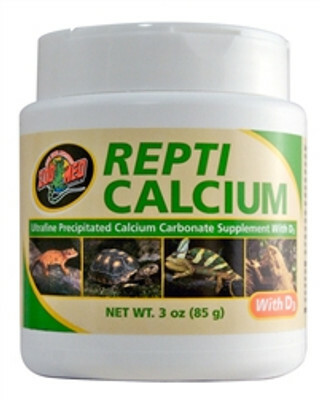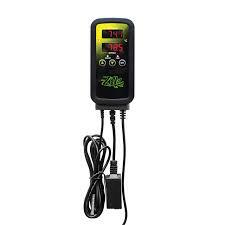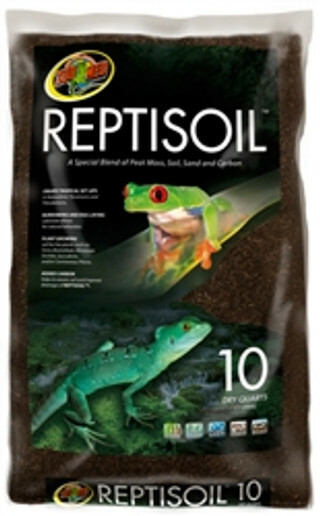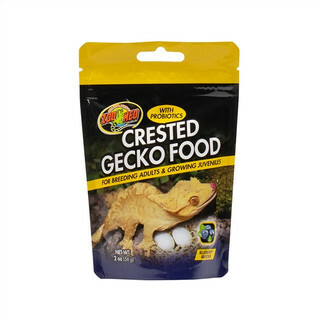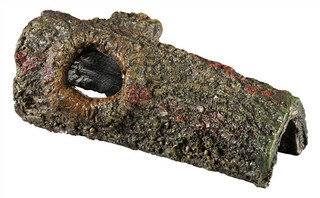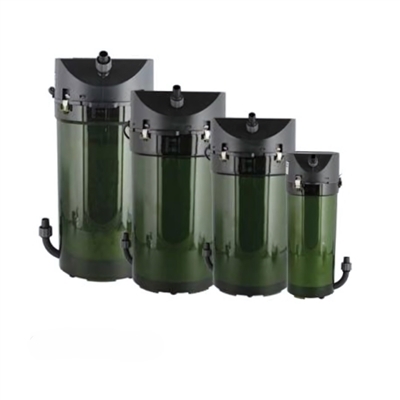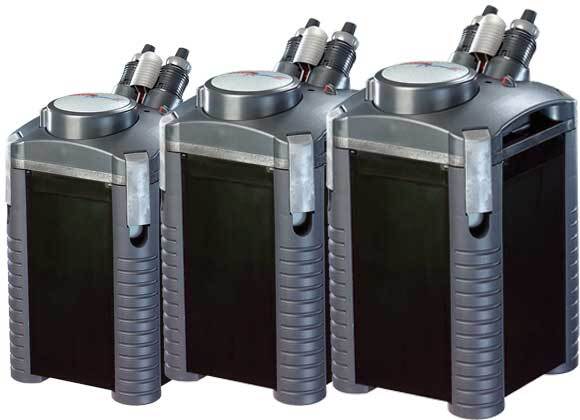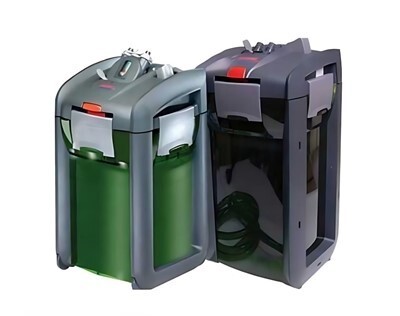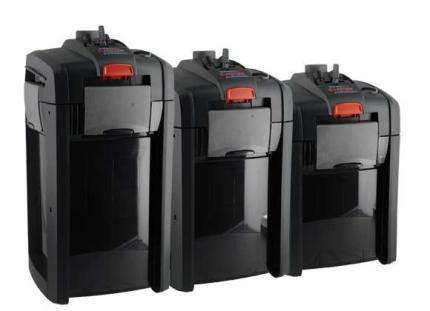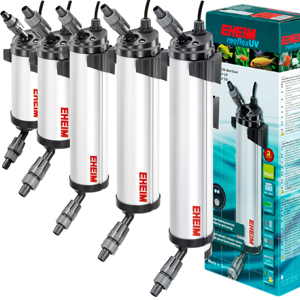Best Filters for a Healthy Aquarium
Fish Tanks Direct on Oct 11th 2024
A healthy aquarium environment depends significantly on having an effective filtration system. Filters help to maintain clean and clear water by removing debris, waste, and harmful toxins. Without a proper filter, the water quality in your aquarium can deteriorate rapidly, leading to stress and sickness among your aquatic life.
Understanding how filters work and the various options available is crucial for any aquarium owner. Different types of filters serve distinct purposes, and knowing which one suits your tank will ensure optimal water conditions. Proper filtration not only keeps the water visually clear but also maintains the right chemical balance, providing a stable environment for fish and plants.
Additionally, regular maintenance of your filtration system ensures it operates effectively and extends its lifespan. Knowing how to select the right filter and care for it can make all the difference in creating a thriving aquatic ecosystem. Let's explore the types of aquarium filters, their benefits, and how to choose and maintain the ideal one for your setup.
Understanding the Role of Aquarium Filters
Aquarium filters play a crucial role in maintaining a clean and healthy environment for your fish. They work by removing physical debris, breaking down toxic substances, and promoting beneficial bacteria growth. Without a proper filtration system, waste materials and uneaten food particles can accumulate, leading to poor water quality and harmful conditions for your aquatic life.
Filters perform three primary functions: mechanical, chemical, and biological filtration. Mechanical filtration involves trapping and removing solid waste particles from the water. Chemical filtration uses activated carbon or other materials to adsorb dissolved impurities and contaminants, like medications or tannins from driftwood. Biological filtration is perhaps the most vital; it involves the growth of beneficial bacteria that break down ammonia and nitrites, converting them into less harmful nitrates.
By understanding these functions, we can appreciate the importance of a well-maintained filter in any aquarium setup. It ensures that the water remains clean and clear, providing a stable habitat where fish and plants can thrive.
Types of Aquarium Filters and Their Benefits
There are several types of aquarium filters, each offering unique benefits. Choosing the right one depends on your specific aquarium needs and preferences.
- Hang-On-Back (HOB) Filters: These are popular for their ease of use and maintenance. They hang on the back of the tank and provide mechanical, chemical, and biological filtration. They are suitable for both beginners and experienced aquarium owners.
- Canister Filters: Positioned outside the tank, canister filters are powerful and offer excellent filtration for larger aquariums. They provide comprehensive mechanical, chemical, and biological filtration, making them suitable for heavily stocked tanks.
- Sponge Filters: Ideal for smaller tanks or breeding setups, sponge filters use air pumps to draw water through a sponge, which provides mechanical and biological filtration. They are gentle on small or delicate fish and can be used in conjunction with other filters.
- Internal Filters: These are placed inside the tank and are suitable for small to medium-sized aquariums. They provide good mechanical and biological filtration and are easy to install and maintain.
- Undergravel Filters: Installed beneath the substrate, undergravel filters use a plate and uplift tubes to draw water through the gravel. While they provide biological filtration and help keep the substrate clean, they require regular maintenance to prevent clogging.
Each type of filter has its advantages, and often, a combination of filters can provide the best results for maintaining a healthy aquarium environment. By exploring these options, we can ensure our tanks stay clean and our aquatic life thrives.
Choosing the Right Filter for Your Aquarium
Selecting the appropriate filter for your aquarium involves considering various factors such as tank size, type of aquatic life, and maintenance preferences. Choosing the right filter can significantly impact the health and clarity of your aquarium water.
- Tank Size: One of the most important aspects is the size of your aquarium. Larger tanks might require more powerful filters or even multiple filters to ensure adequate water circulation and cleaning.
- Type of Fish and Plants: Consider the needs of your fish and plants. Some species produce more waste and may require more robust filtration systems. Delicate fish or plants might benefit from gentle filtration like sponge filters that won't create strong currents.
- Filter Capacity: Ensure the filter you choose can handle the volume of water in your tank. Filters are usually rated for specific tank sizes, so it’s crucial to match the filter capacity with your aquarium size.
- Maintenance: Evaluate how much time you can dedicate to maintenance. Canister filters might require more effort to clean but offer superior filtration, whereas HOB filters are easier to maintain but might need more frequent attention.
- Budget: Filters come in various price ranges. While it’s tempting to go for cheaper options, investing in a quality filter can save you money and trouble in the long run by providing better performance and durability.
By considering these factors, you can select a filter that perfectly suits your aquarium’s needs, ensuring a clean and healthy environment for your aquatic life.
Maintenance Tips for Optimal Filter Performance
Regular maintenance is essential for keeping your aquarium filter working efficiently. Here are some key tips for maintaining optimal filter performance:
- Regular Cleaning: Clean the filter media as per the manufacturer’s instructions. Rinse sponges and other mechanical filtration materials in tank water to preserve beneficial bacteria.
- Check for Blockages: Inspect the filter regularly for any blockages that might impede water flow. Clean the intake tubes and impellers to ensure smooth operation.
- Replace Filter Media: Over time, filter media can wear out or become less effective. Replace carbon, sponges, and other media based on the recommended schedule to maintain optimal filtration.
- Monitor Water Flow: Pay attention to the water flow rate. A sudden decrease can indicate a clogged filter or a failing pump. Regularly monitoring and addressing these issues can prevent more significant problems.
- Maintain the Right Balance: Avoid cleaning all filter media at once to maintain a healthy bacterial population. Stagger the cleaning of different components to ensure biological filtration remains effective.
- Inspect Equipment: Regularly check the condition of all filter parts. Damaged or worn-out parts should be replaced promptly to ensure the filter operates correctly.
By following these maintenance tips, you can extend the life of your filter and provide a stable, clean environment for your aquatic friends.
Conclusion
Proper filtration is crucial in maintaining a healthy and thriving aquarium environment. Understanding the role of different types of filters, and knowing how to choose and maintain the right one for your tank, can make a significant difference in water quality and overall tank health. A good filter not only removes waste and impurities but also ensures the water remains balanced and safe for your fish and plants.
At Fish Tanks Direct, we offer a wide range of high-quality aquarium filters at our aquarium shop to suit every need. Whether you have a small freshwater tank or a large saltwater setup, we have the perfect filter to keep your tank in excellent condition. Explore our selection at Fish Tanks Direct and find the best filter for your aquarium today!

